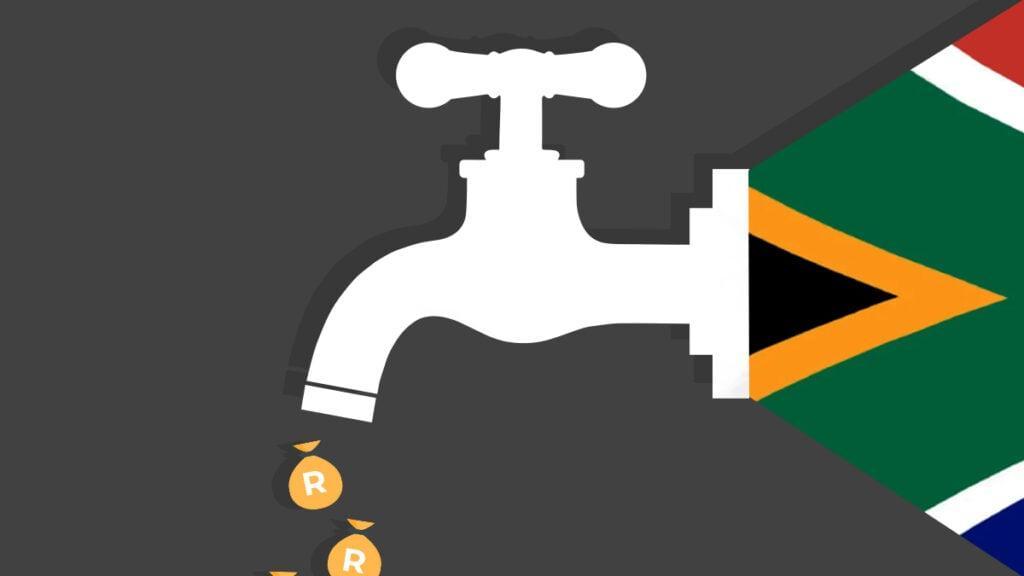Africa-Press – South-Africa. Non-compliance with legislation and suspected fraud at South Africa’s eight metropolitan municipalities have led to an estimated financial loss of R8.74 billion.
In the Auditor General’s (AG) Integrated Annual Report for the 2023/24 fiscal year, AG Tsakani Maluleke sounded the alarm about financial mismanagement at South Africa’s metros.
Maluleke explained that the country’s metros are plagued by poor revenue management, debt collection, and budgeting practices, as well as financial losses resulting from poor-quality spending.
Specifically, she stated that the nature of the material irregularities identified by her office, since the Public Audit Act was amended in April 2019, mirrors these rising concerns.
“Money is being lost through non-compliance with legislation and suspected fraud, and we have identified 285 material irregularities in this area with an estimated financial loss totalling R8.74 billion,” she said.
These irregularities included the following –
Payments made for goods and services that were not received, were of poor quality, were not in line with contracts or were to ineligible beneficiaries (72)
Eskom, the water boards, lenders, and suppliers are not being paid on time, resulting in interest charges (56)
The inefficient use of resources, resulting in no or limited benefit for the money spent (40)
Revenue lost due to revenue not billed, debt not recovered or unrecorded receipts (39)
Uneconomical procurement and procurement non-compliance, resulting in overpricing of procured goods and services (20)
Assets not being properly maintained and safeguarded (20)
The AG’s office also identified 79 material irregularities that were causing substantial harm to local government accountability processes and financial health.
In addition, the AG found a further 80 material irregularities that were causing substantial harm to the public due to action or inaction by municipalities, most of which related to pollution of water sources (56) and mismanagement of landfill sites (20).
Positively, the AG said 48% of the 446 material irregularities that her office has identified in local government since 2019 have been resolved by auditees.
This includes preventing or recovering financial losses, with an estimated R1.32 billion that has either been recovered, is in the process of being recovered or has been prevented.
Big problems with municipal oversight
“Where the material irregularities were not dealt with swiftly or with the required seriousness, we included recommendations in audit reports, took remedial action and referred matters to relevant public bodies for investigation,” the AG said.
“The number of material irregularities where we have to use our powers increases every year.”
However, the AG lamented that the material irregularity process is not yet having the desired impact in local government.
This is mainly due to instability in accounting officer positions, a slow response by accounting officers, prolonged investigations or delays in concluding criminal proceedings, and delays in disciplining officials.
“Where we escalate the non-responsiveness to mayors and provincial government leaders, it is rare for them to act or for their actions to have a significant impact,” she said.
“Some roleplayers in the accountability ecosystem and other public bodies have mandates and powers similar to, or more comprehensive than ours, which they should use to ensure that irregularities are dealt with swiftly and that similar instances are prevented.”
In her report, the AG made a direct call to action to the political leadership in all three spheres of government and the elected representatives of the citizens in councils, Parliament and the provincial legislatures.
She explained that local government processes and oversight responsibilities are well-defined in legislation.
“The mayor and council have key responsibilities in municipal planning, budgeting, monitoring, reporting and accountability processes,” she said.
“In our audits, we identified that at the worst-performing municipalities, these officials are either not doing what legislation requires of them or are not performing their duties effectively.”
She stressed that legislation enables national and provincial governments and the legislatures to ensure that the required corrective action is taken at municipalities that are not up to scratch.
“However, we found that members of the executive councils for local government did not comply in this area, while provincial legislatures provided little to no oversight,” she said.
“The provinces in which we raised these findings are also those that received poor audit outcomes, namely the Eastern Cape, Free State, Limpopo, Northern Cape and North West.”
Maluleke urged all roleplayers in the accountability ecosystem to fulfil their designated roles and play their part effectively and without fear or favour to ensure accountability for government spending to improve the lives of all South Africans.
For More News And Analysis About South-Africa Follow Africa-Press






